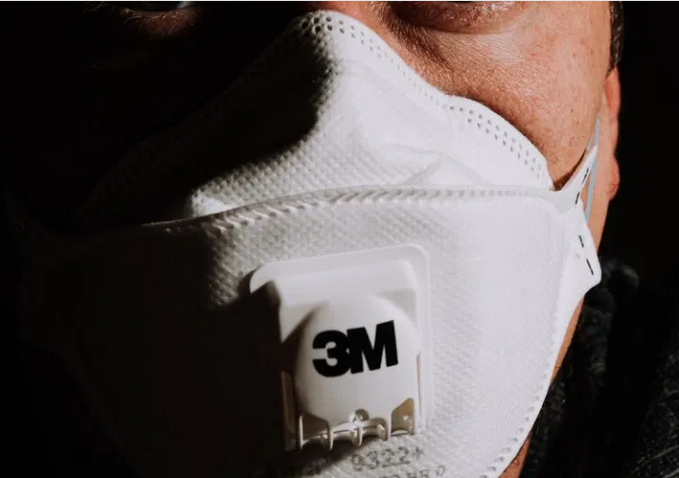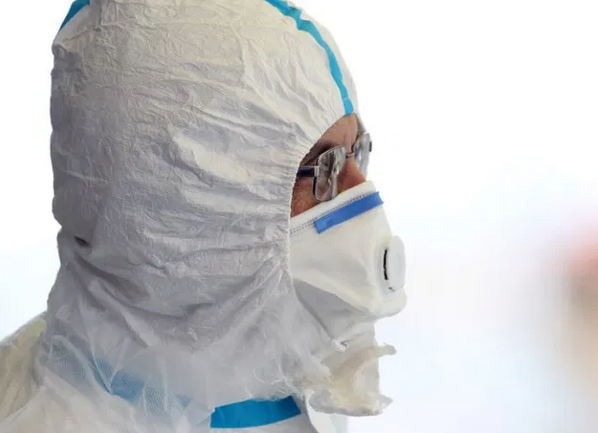© Haris Mulaosmanovic | Dreamstime.com The World Health Organization (WHO) recently changed its advice on face masks. It now recommends healthy people wear them in public when social distancing is not possible, stating that they could provide a barrier for potentially infectious droplets. The WHO had previously said there was not enough evidence to recommend ...
Topics:
Investec considers the following as important: 3) Swiss Markets and News, 3.) Health, Coronavirus Switzerland, Covid-19 Switzerland, Editor's Choice, Featured, health, newsletter, SARS-CoV-2 Switzerland
This could be interesting, too:
Investec writes Swiss inflation falls further in January
Investec writes Catching ski pass cheats – reactions, fines and worse
RIA Team writes The Importance of Emergency Funds in Retirement Planning
Nachrichten Ticker - www.finanzen.ch writes Gesetzesvorschlag in Arizona: Wird Bitcoin bald zur Staatsreserve?

© Haris Mulaosmanovic | Dreamstime.com
The World Health Organization (WHO) recently changed its advice on face masks. It now recommends healthy people wear them in public when social distancing is not possible, stating that they could provide a barrier for potentially infectious droplets.
The WHO had previously said there was not enough evidence to recommend healthy people should wear them, although it has always advised that medical face masks should be worn by people who are sick and by those caring for them.
On 5 June 2020, Dr Tedros Adhanom Ghebreyesus, the head of the WHO said that in light of evolving evidence, the WHO advises that governments should encourage the general public to wear masks where there is widespread transmission and physical distancing is difficult, such as on public transport, in shops or in other confined or crowded environments.
The WHO has been concerned masks would encourage a false sense of security and deprive medical professionals of sufficient masks. While these risks persist, new evidence has emerged on the risks of transmission, in particular evidence suggesting people can be highly infectious in the days before they show symptoms. This risk extends to asymptomatic cases too.
The new advice recommends the general public wear non-medical fabric masks made of at least three layers of different material when they can’t maintain a sufficient distance, for example on buses, planes and trains.
Those in close contact with people 60 and above or people with cardiovascular disease, diabetes mellitus, chronic lung disease, cancer, cerebrovascular disease or immunosuppression should wear medical masks, as should anyone in contact with someone with symptoms suggestive of COVID-19, states the recommendation.
In line with WHO advice, Switzerland’s government recommends mask wearing when a distance of 2 metres cannot be maintained, citing when on public transport as an example.
Tags: Coronavirus Switzerland,Covid-19 Switzerland,Editor's Choice,Featured,Health,newsletter,SARS-CoV-2 Switzerland








